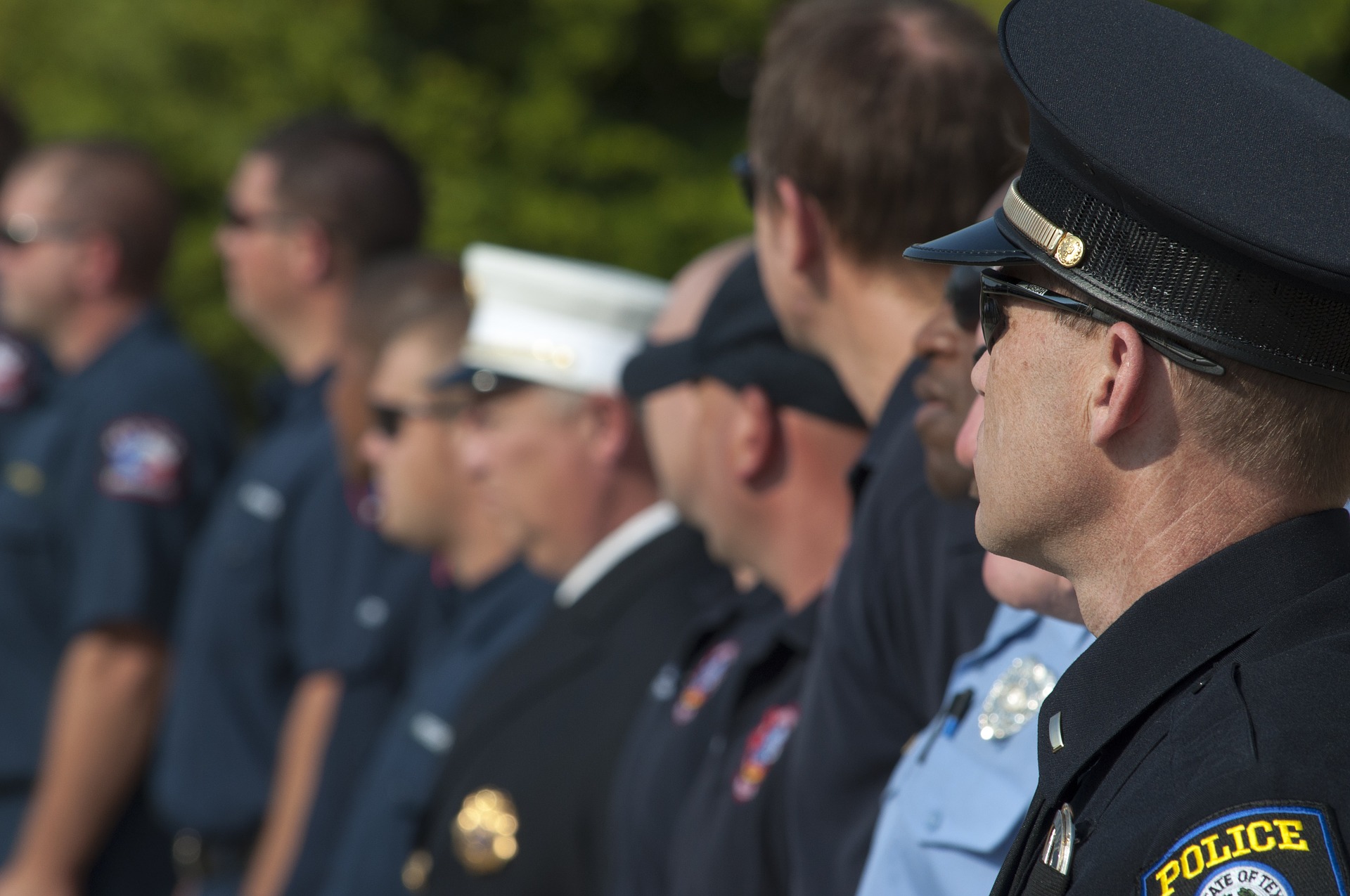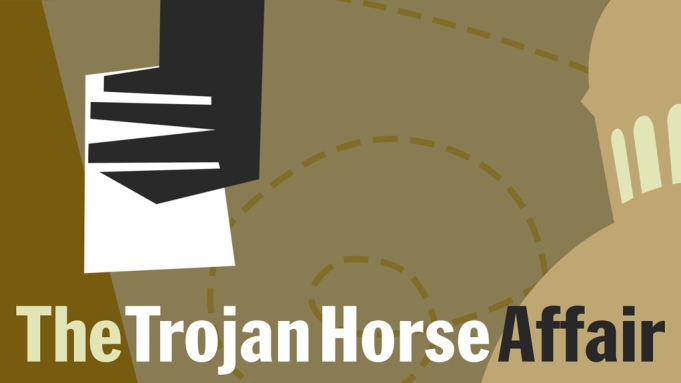Scotland freed the Lockerbie bomber on compassionate grounds Thursday, allowing the terminally ill man to die in his homeland of Libya and rejecting American pleas for justice in the attack that killed 270 people in 1988. Abdel Baset al-Megrahi, who had served only eight years of his life sentence, was recently given only months to live after being diagnosed with advanced prostate cancer.
Scottish Justice Secretary Kenny MacAskill said although al-Megrahi had not shown compassion to his victims — many of whom were American college students flying home to New York for Christmas — MacAskill was motivated by Scottish values to show mercy.
Al-Megrahi returned home to a crowd of thousands of cheering young men, despite Barack Obama’s warning against a hero’s welcome. As Megrahi disembarked at the military airport in Tripoli where his plane landed, supporters — some wearing T-shirts bearing his picture — threw flower petals in the air and waved Libyan and miniature Scottish flags while music played.
On Monday, Scotland’s justice secretary Kenny MacAskill defended his decision to free the Lockerbie bomber on humanitarian grounds in the face of severe criticism from the United States government and relatives of U.S. victims.






